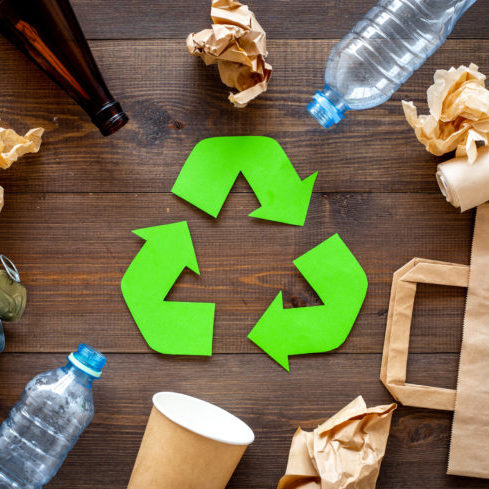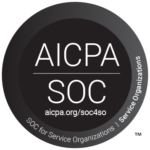Sustainability Practices and Policies
As a direct marketing production management firm for medium- and large-volume nonprofit organizations and the agencies that serve them, PMG recognizes its responsibility to practice and promote sustainability. In fact, a number of our clients are environmental advocacy organizations and as a result, PMG is an active purchaser of recycled and Forest Stewardship Council (FSC) approved materials. These same organizations have made great role models over the years, too!
Office Environment
- The company moved to a remote-first environment in 2020. All project-related systems are accessible via secure access to our servers. Approximately 80-85% of PMG employees are full-time remote, 5 days a week. This greatly reduces the company’s carbon emissions related to daily commuting. This builds on our previous telecommuting policy that had been in place since 2007 that allowed full-time employees to work from home 2 days a week.
- PMG hosts on-site collaboration meetings with the full staff 3 times a year. Ride-sharing and mass transit are encouraged.
- We are currently working with a space planner to determine how we can reduce our office space to accommodate the small percentage of in-office employees. This will reduce our overall energy consumption.
- Recycling: bottles, cans, paper, cardboard, light bulbs.
- We installed a water dispenser and stopped purchasing plastic water bottles.
- Lunchroom and full kitchen provided to reduce travel at lunchtime. The company provides lunch on days when there is a larger attendance of employees on-site. Flatware is used instead of plastic utensils, and glasses instead of paper cups.
- Lights are turned off when a room is not in use. Energy-efficient lighting is used. Hall lighting is motion-controlled (we are in a LEED-certified building).
- Multifunction printers are programmed for black, not color printing. Items are printed double-sided whenever possible. Toner cartridges are recycled. Recycled content copy paper is purchased for office use.
- We employ the services of a printer management firm. They have installed software that allows us to monitor usage of our office copier to ensure it isn’t improperly utilized, inefficient or wasteful.
- Electronic signatures are permitted for approvals to eliminate the need to print documents for signature.
- Computers, printers, and non-essential equipment are powered down during non-business hours or when not in use.
- Obsolete computer equipment is recycled.
- Individual temperature controls in offices and cubicle clusters allow us to fine-tune the heating and cooling.
- Our janitorial company uses “green” cleaning products.
- We have plants throughout the office to improve indoor air quality.
Production Process
- Our preferred proofing method is electronic. Paper proofs are used only under special circumstances.
- We adhere to strict industry standard overage allowances, and encourage clients to recycle any overruns, excess inventory, or spoilage.
- Many of our clients use recycled or certified stock for their mailings. We voluntarily provide these options to other clients and (gently) encourage their consideration.
- MMI Direct, our data processing business unit, is focused on providing the best data hygiene practices for its clients, reducing undeliverable mail and reducing printing/mailing waste.
Marketing Practices
- We print our business cards, stationery, etc. on recycled stock.
- Our annual holiday card mailing to clients and suppliers is printed on recycled stock.
- Our marketing communications are primarily deployed via email. This includes our periodic Industry Alerts, event promotions, and media releases.




